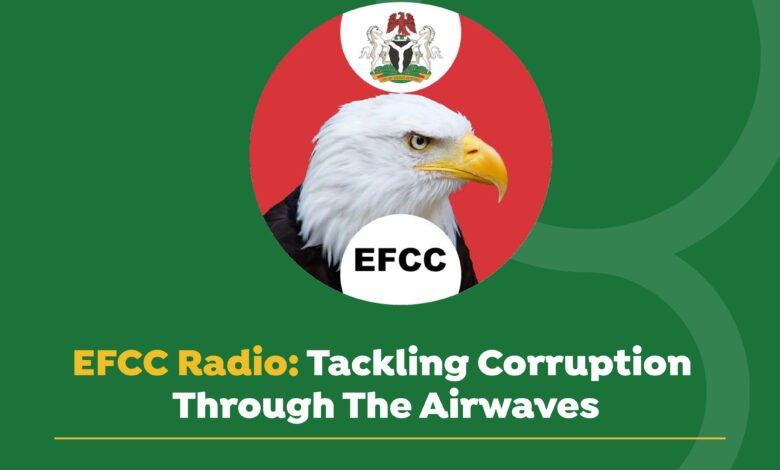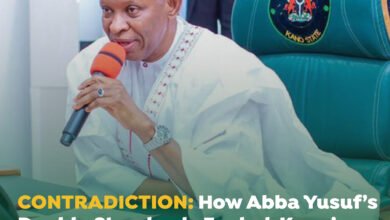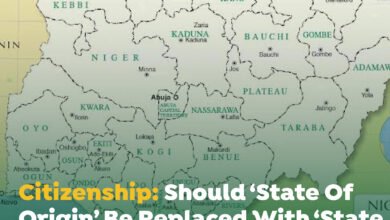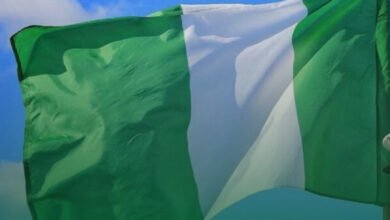
BusinessDay, one of the oldest newspapers in Nigeria, early this year reported that the country’s corruption rating improved by a mere five steps in 2023 compared to 2022.
Ranked 145th out of 180 countries by Transparency International’s Corruption Perception Index (CPI), experts argue the progress is insignificant.
Nigeria, Africa’s fourth largest economy, shouldn’t be grappling with corruption alongside nations like Mozambique and Liberia, they say, especially considering the measures put in place by successive administrations.
Deadly Monster
Corruption is a monster that has eaten deep into the fabric of Nigeria, and efforts from successive governments to contain it have not yielded the desired result. Rather, it keeps ballooning. The last administration came on board with the promise to fight corruption tooth and nail. However, under its nose, the scourge bloomed as some officials of the government reportedly pillaged billions of naira from the country’s coffer and stashed it in their accounts.
In response to this persistent issue, former President Olusegun Obasanjo established the Independent Corrupt Practices Commission (ICPC) in 2000 and the Economic and Financial Crimes Commission (EFCC) three years later. While both agencies have had some success, public perception remains that more can be done
Can EFCC Radio fill the gaps?
Following in the footsteps of his predecessors, President Bola Tinubu pledged to aggressively combat corruption during his campaign. Actions like swiftly prosecuting corrupt individuals across party lines and launching the novel EFCC Radio 97.3FM in Abuja have fueled optimism. The EFCC claims this radio station will serve as a platform to keep the public informed about their activities in tracking down corrupt actors.
EFCC Chairman Olanipekun Olukoyede emphasized that the station will provide “factual, ungarnished, and unspun” reporting on the agency’s work. “This isn’t a status symbol,” he added, “but a tool for mobilization against graft. Communication and public engagement are just as crucial as our operational activities.”
The Minister of Information and National Orientation, Mohammed Idris, commended the initiative, expressing hope that it would inspire similar action from other public agencies. Collaboration between his ministry, the National Broadcasting Commission (NBC), and EFCC Radio is envisioned to create a more informed and empowered citizenry.
What will you hear on EFCC Radio?
The EFCC Radio initiative marks a first for the African continent. By adding this platform to their existing social media presence, the Commission hopes to significantly broaden the reach of their anti-corruption message. Radio, with its vast audience, particularly among older demographics, offers a powerful tool for disseminating information. The rise of internet radio further expands the potential reach, allowing anyone with an internet connection to tune in.
Beyond press releases, EFCC Radio has the potential to be a powerful tool. Imagine investigative reports exposing corrupt schemes, public forums with experts discussing anti-corruption strategies, and educational programs targeted at young Nigerians who will be the future custodians of integrity.
Challenges and the road ahead
Experts caution that EFCC Radio’s success hinges on more than just broadcasts. The station needs a clear strategy and a dedicated budget to produce high-quality, engaging content. Furthermore, the EFCC must demonstrate its commitment to following through on investigations and prosecutions highlighted on the radio.
Though experts agree that EFCC Radio 97.3FM can aid the anti-graft agency in tackling corruption, they note that the menace can only be contained through the collective efforts of the government and the citizens.





